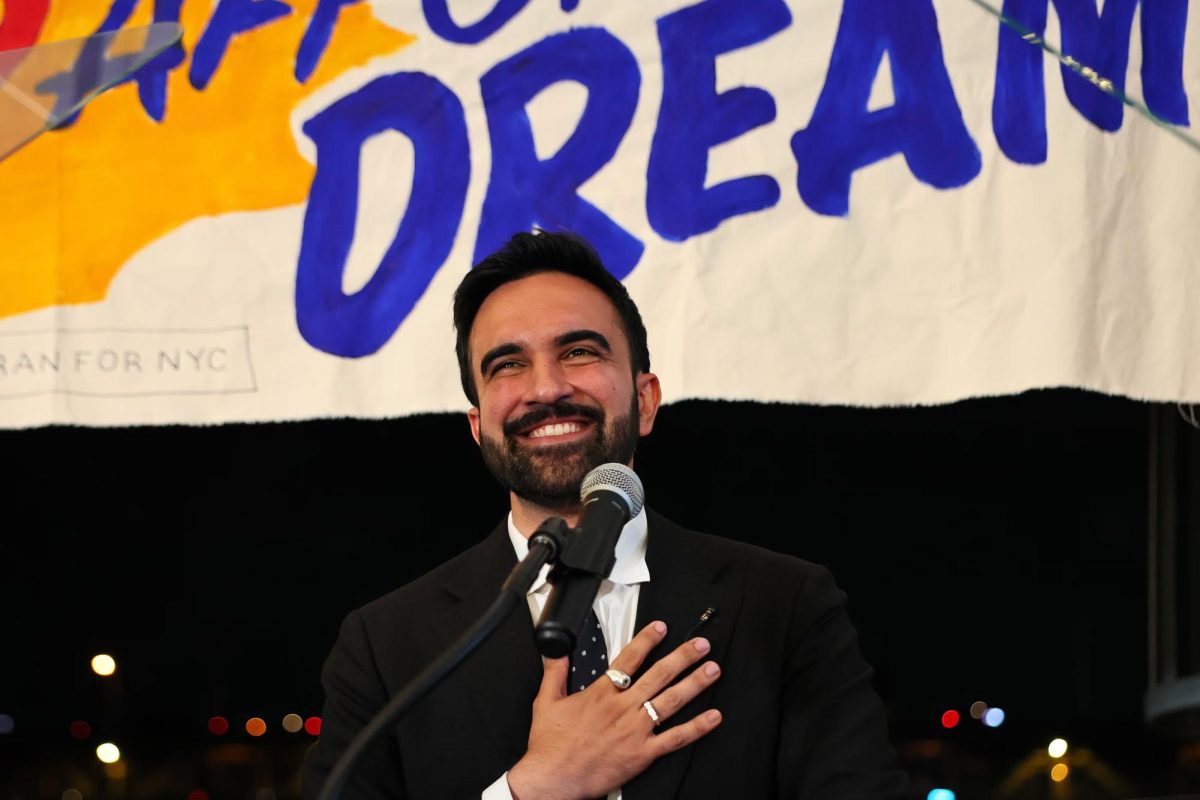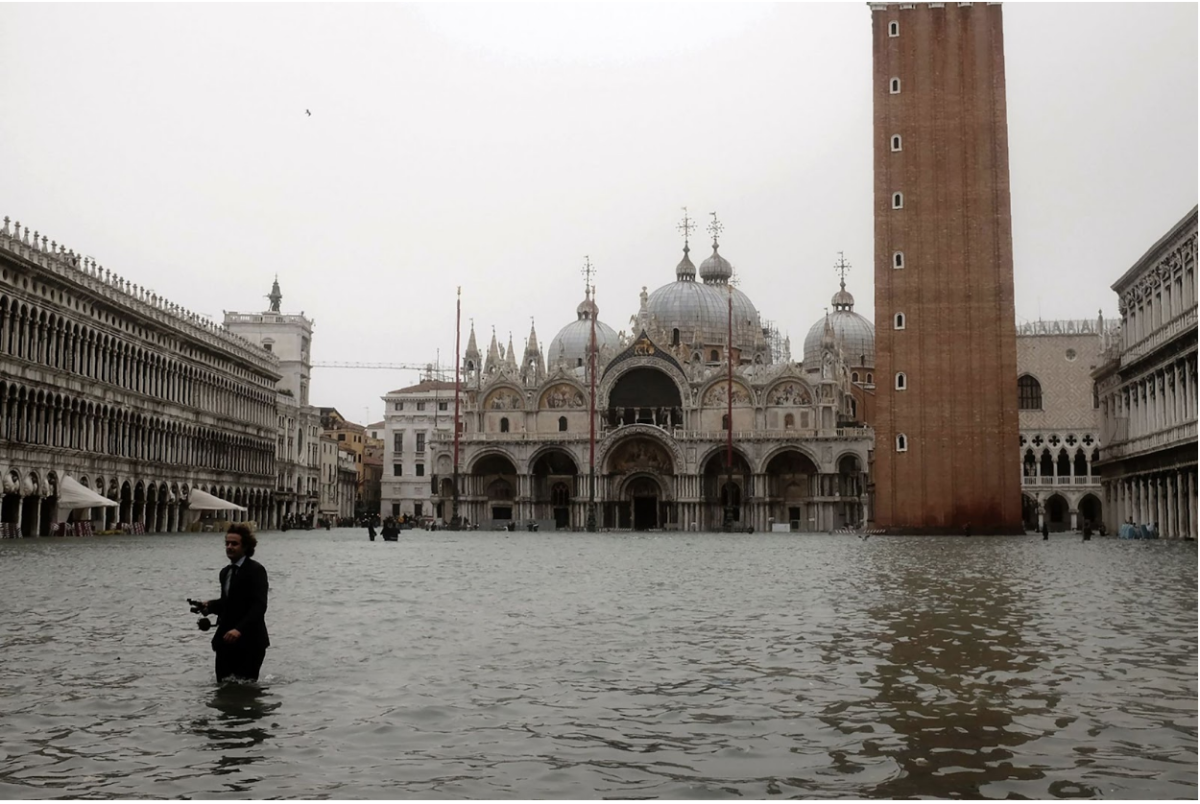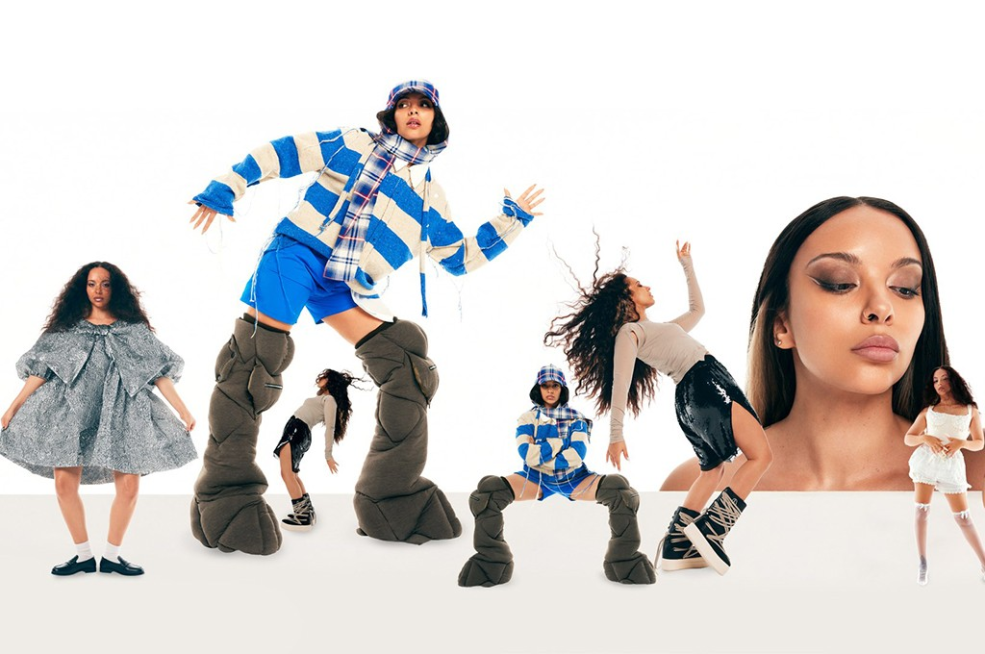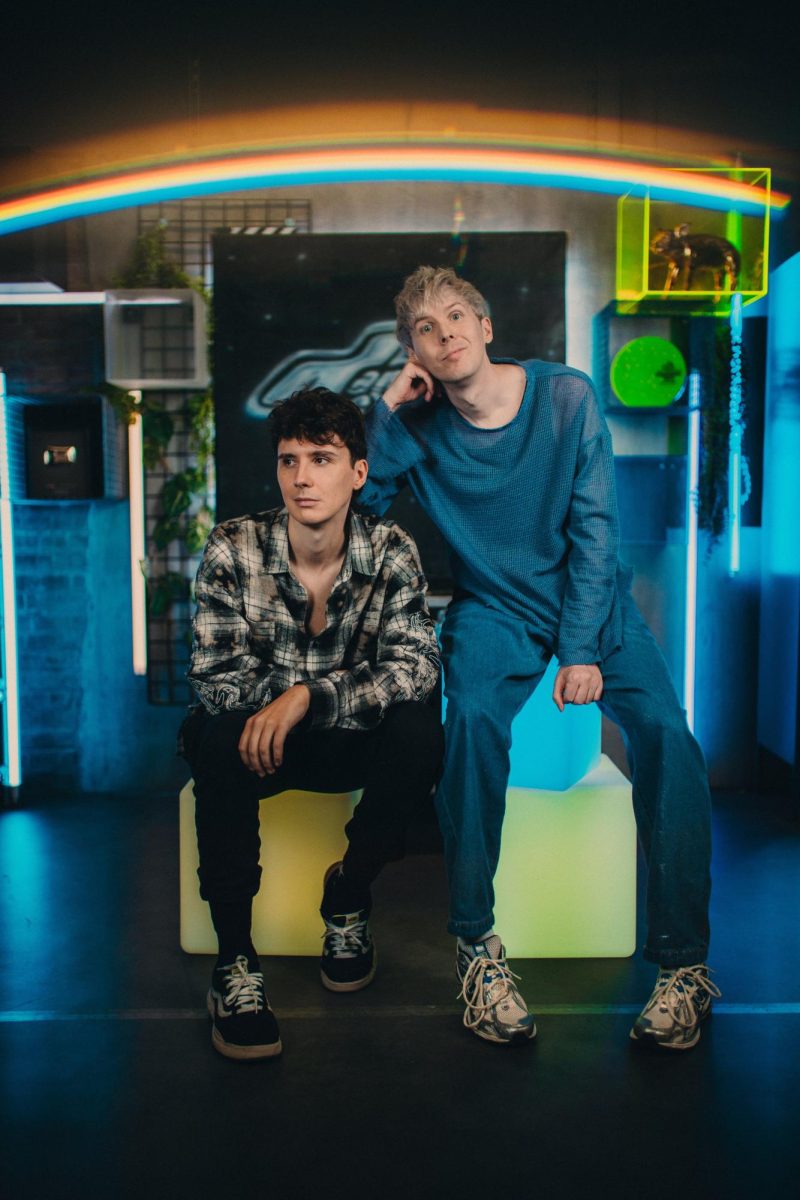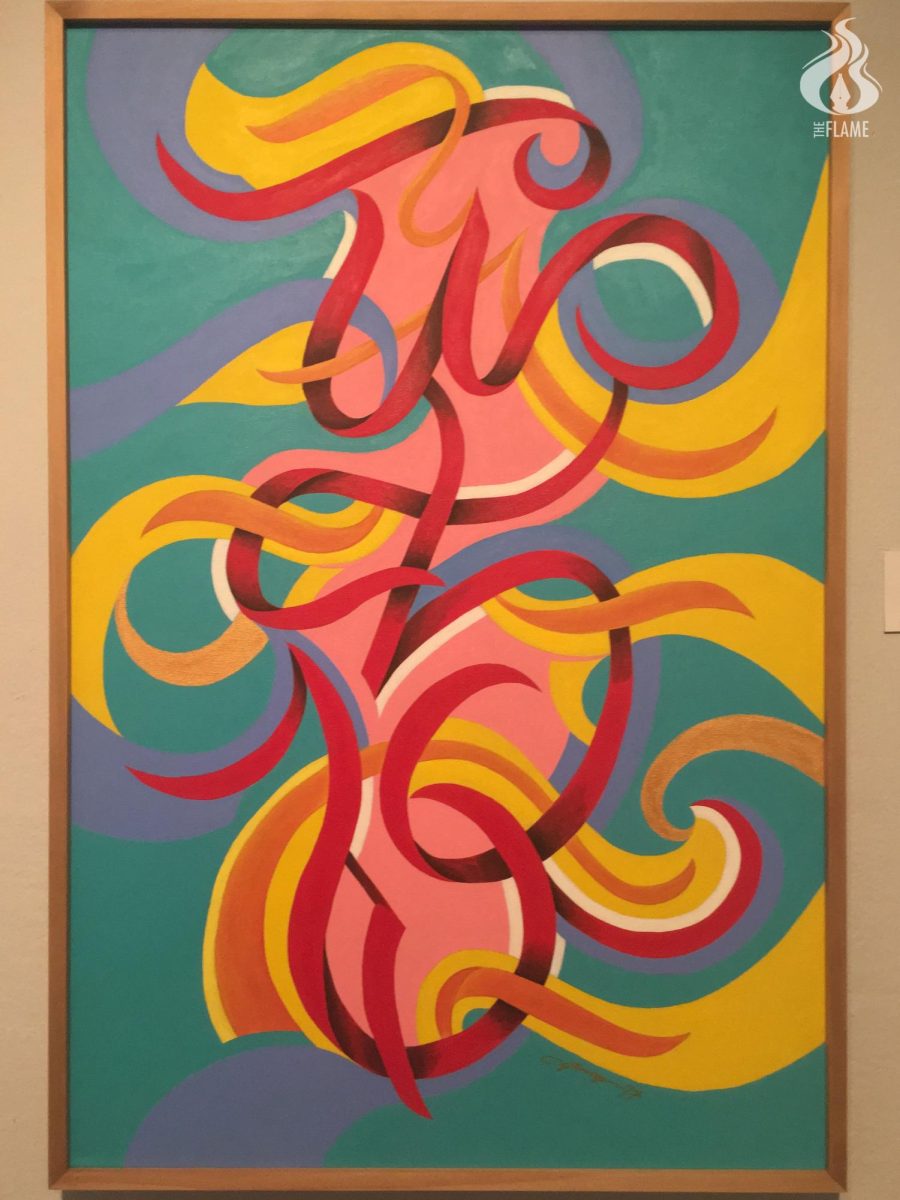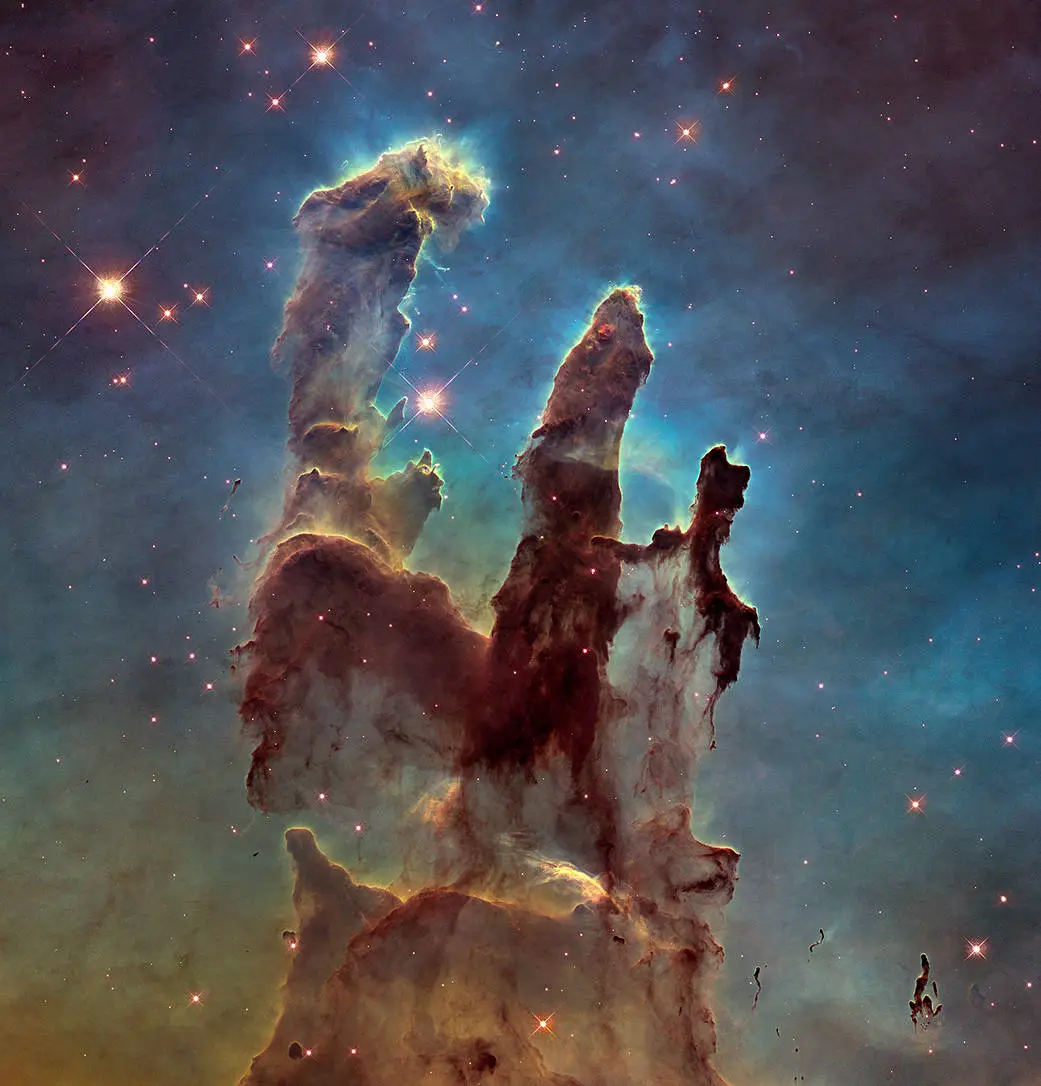By Rafal Rogoza—
After 40 years of dedicated service to New Jersey City University President, Dr. Carlos Hernandez will be stepping down as the university’s leader on July 1.
Hired in 1973 as a professor in environmental psychology, Hernandez moved up the chain of command becoming a Provost, Vice President for Academic Affairs, executive assistant to the President, and eventually he was appointed President of NJCU in 1993.
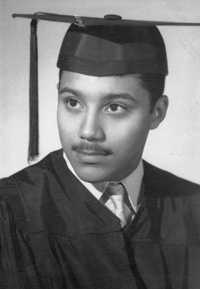
Born and raised by a Puerto Rican working class family in Spanish Harlem, Hernandez was the first of his family to earn a college education. He earned his Ph.D. in environmental psychology at York College.
Grateful for his opportunity to lead for nearly 20 years and thankful to staff, faculty, and students that have challenged, questioned, and supported him, Pres. Hernandez looks forward to his retirement.
The Gothic Times interviewed President Hernandez about his experience at NJCU and future plans.
Gothic Times: How did you stumble into NJCU?
Carlos Hernandez: “Stumble into” is an interesting word because it was almost an accident. I just started my graduate work in a field called environmental psychology. Which was what my PhD. is in. A faculty member at then Jersey City State [College], an African – American faculty member, was leaving. He was teaching here. He was leaving and recommended me for a position here because he was teaching environmental psy. And I was interviewed and finally accepted the position. So, had this gentleman not left and introduced me to the psychology department here I would probably not be here I would be somewhere else. So, it was purely an accident.
G.T: How was your experience here as a professor?
C.H: It was a great. I received tenure, taught for seven years. Obviously, it was a different time. I thoroughly enjoyed teaching environmental psychology. It was a discipline that I still love very much, certainly enjoyed the students. And because it was a relatively new field in psychology I was sort of at the beginning of how that discipline was emerging at the time.
G.T: What was your first day like as President?
C.H: My first day here was kind of interesting because my furniture was Bill Maxwell’s [President Hernandez’s predecessor] furniture. I’ll tell you a funny story, he was taller than I am so the moment I sat in the chair my feet didn’t touch the floor and I said what am I doing in this office. I mean I’m not a tall guy I’m 5’7, but he liked his chair up and I sat down and my feet didn’t touch the floor. And I realized at that moment that I now have the possibility of doing hopefully great things for our students and for the institution. I also felt, as I did when I first became an administrator, I really wondered if I could be successful as President. I always felt that one shouldn’t feel comfortable being President of an institution. That if you felt comfortable, almost like you deserved to be the President, that you would begin to make mistakes. So from the very first day I said I’m always going to see this as a challenge, I’m not going to take anything for granted, and that I would see this as a learning experience for me while I’m doing the best that I could for the institution.
G.T: What was the greatest challenge you confronted as President? C.H: Well you know, certainly the biggest challenge, one that I face even today and I’ll face the last day that I’m here is clearly that of dealing with a budget that are just impossible. That will continue to be a nagging reality I think for my successor unless things change dramatically. Also, this institution is very different than other the state colleges and universities in New Jersey. And being able to project the mission of access and excellence of letting others know that our students may not have the highest SAT scores but they’re worthy of a quality undergraduate education. Breaking those barriers has always been a challenge. I’ve always said don’t judge our students by their SAT scores, come to our commencement and look to see what they have accomplished with the years they have been here. So the challenge has been breaking those stereotypic perceptions that others have of this type of institution.
G.T: What was your proudest moment as President? C.H: Clearly obtaining university status in 1998. We have worked long and hard to accomplish that. And it was a goal that I had the moment I knew it was going to be a possibility back in 1994. And when it was announced through a very competitive, through a very strict process that we in fact met all the criteria for university status, that to me was, other than being inaugurated President, will forever remain I think the proudest moment. Not just for me but for the institution.
G.T: After 40 years, how does it feel to know you’ll be leaving in a month?
C.H: It’s an odd feeling. I knew from the very beginning that obviously one doesn’t remain President forever. So I knew there would come a day when I would decide that it’s time. As it gets closer and closer I have to admit, not surprisingly, I have very mixed emotions about it. I have spent most of my life here. I have spent all of my professional life here and half of that professional life was President. So, I leave behind a lot of good feelings. I leave behind a lot of people who I have come to learn and love because of their commitment to the institution. I will sorely miss students and what they bring to the institution and how they change the institution over time. But I’m also looking forward to relaxing, to not having the stress of the job. I look forward to taking on new challenges and other possibilities. You don’t walk away after 40 years and say ‘that’s it’, you leave part of yourself at the institution.
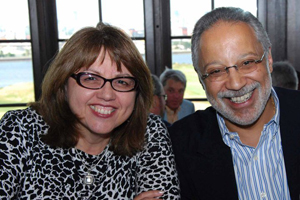
G.T: Why did you decide that this is the time for you to step down?
C.H: I really thought that I have given it all that I could, that it [the university] needed new leadership. Perhaps someone who could take the vision and mission forward in a way that I couldn’t with new ideas that I just don’t have. And I always told myself when I started thinking more about myself, and this is a very difficult thing to say, but I said when the institution stops becoming my first priority and my first priority was becoming who I am within the institution and my own needs, I knew that was probably the right time to.. to sort of say it’s time for me to leave. Quite honestly I was tired of the stress and the complexities of it, and I thought it was a good time for new leadership.
G.T: Any advice for the new leadership?
C.H: Yeah, if I have an opportunity to speak to whoever my successor is, I would advise that person to put the mission first. Certainly the special mission here, to live it, to breath it, to believe in it, to put it first among everything else. To understand your going to make mistakes. And that its better to make a decision, whether it is right or wrong sometimes, than to not make a decision because people expect action from you. I would advise a person to have as much fun that he or she could within a job and I would advise them to take care of their health both physically and emotionally. G.T: Do you have any advice for the student body?
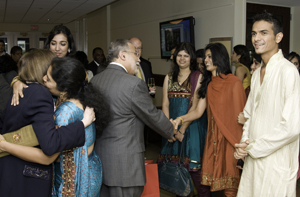
C.H: Yeah absolutely… keep on challenging yourselves, challenge the institution…I would always tell the incoming freshman class, think of yourself as an intellectual because that’s what this environment is suppose to be about. When I was an undergraduate we came in to study as intellectuals. It wasn’t about jobs, it wasn’t about careers. We were there really to explore the world of the mind and.. a university experience is supposed to be an intellectual experience where you stretch your mind as much as you can stretch it. I don’t think students think of themselves as intellectuals but that’s what this is suppose to be about. So I would advise students to balance their real needs with the opportunity to really live the life of the mind.
Editor’s note: President Hernandez’s responses were edited for space.
[fbshare type=”icon_link” float=”left”]



